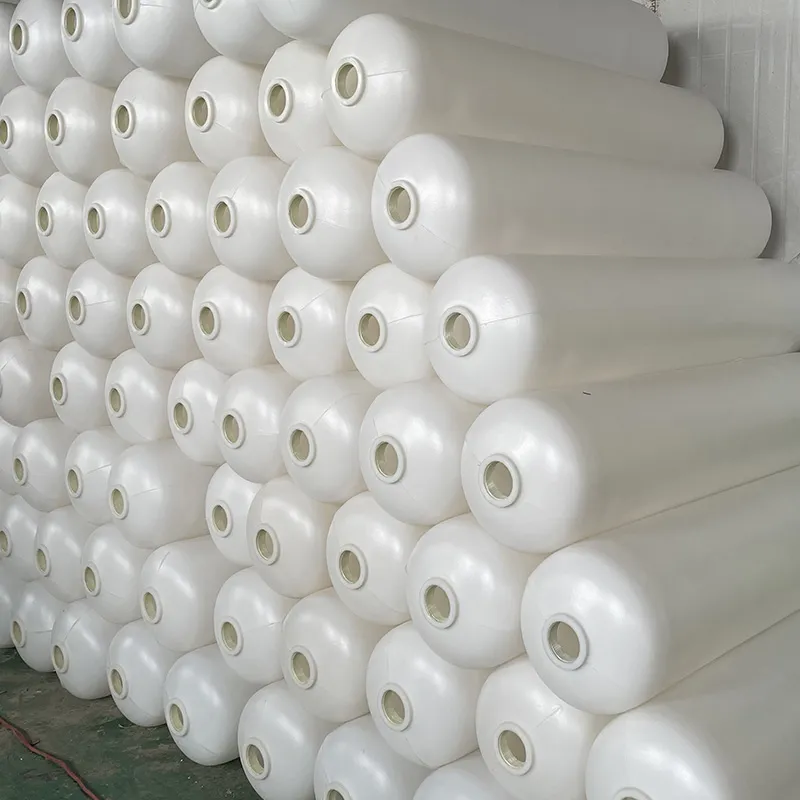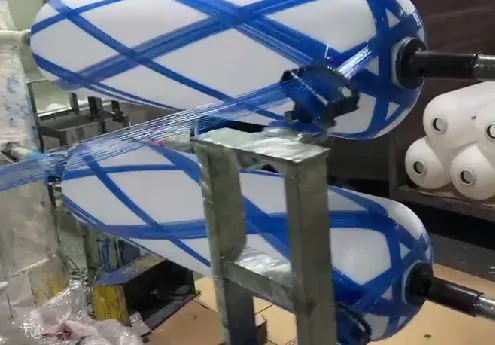loading...
- No. 9, Xingyuan South Street, Dongwaihuan Road, Zaoqiang County, Hengshui, Hebei, China
- admin@zjcomposites.com
- +86 15097380338
- Welcome to visit our website!
Affordable Fiberglass Rebar Cost FRP Grating Price Per Sq Ft
- Market Overview: Fiberglass Rebar and FRP Grating Pricing Trends
- Technical Advantages Driving Cost Efficiency
- Manufacturer Price Comparison Analysis
- Customization Options for Project-Specific Needs
- Case Studies: Real-World Cost Savings
- Installation Factors Impacting Total Expenditure
- Strategic Budgeting for Fiberglass Rebar Projects

(fiberglass rebar cost)
Understanding Fiberglass Rebar Cost in Modern Construction
The global fiberglass rebar market has grown 18% annually since 2020, with current pricing ranging from $0.65 to $1.20 per linear foot. Compared to traditional steel reinforcement, GFRP solutions demonstrate 40-60% lifetime cost reduction when factoring in:
- Corrosion resistance (eliminating 92% of concrete repair costs)
- Reduced labor requirements (27% faster installation)
- Transportation efficiency (1/4 the weight of steel)
Technical Advantages Driving Cost Efficiency
FRP materials deliver measurable financial benefits through:
- 160 ksi tensile strength with 25% lower material density
- 0.05% thermal conductivity (vs. 45 W/m·K for steel)
- Non-conductive properties reducing electrical safety costs
Independent testing confirms 75-year service life in chloride-rich environments, outperforming epoxy-coated steel by 3:1.
Manufacturer Price Comparison Analysis
| Vendor | FRP Rebar (USD/ft) | Grating (USD/sq.ft) | Lead Time |
|---|---|---|---|
| Supplier A | $0.72 - $1.15 | $18.50 - $24.00 | 4-6 weeks |
| Supplier B | $0.68 - $1.08 | $17.90 - $23.75 | 6-8 weeks |
| Supplier C | $0.81 - $1.24 | $19.25 - $25.40 | 3-5 weeks |
Customization Options for Project-Specific Needs
Tailored FRP solutions account for 38% of commercial projects, with common modifications including:
- Resin matrix adjustments (vinylester vs. polyester)
- Surface treatments for enhanced bonding
- Custom grating patterns (35° vs 45° bearing bars)
Batch customization typically adds 15-20% to base frp grating cost while reducing installation labor by 30%.
Case Studies: Real-World Cost Savings
Marine Terminal Project (2023):
- Saved $287,000 in lifecycle costs over 25 years
- Achieved 22% reduction in initial material costs vs. stainless steel
Chemical Plant Expansion:
- $14.50/sq.ft frp grating cost vs. $23.00 for aluminum
- Zero maintenance costs over 8-year operational period
Installation Factors Impacting Total Expenditure
Proper handling reduces project costs by 12-18% through:
- Optimal cutting techniques (diamond blade vs. abrasive)
- Efficient anchoring systems
- Pre-fabricated modular assemblies
Contractors report 37% faster project completion when using pre-cut FRP kits versus onsite fabrication.
Strategic Budgeting for Fiberglass Rebar Cost Optimization
Implementing value engineering strategies can reduce fiberglass rebar cost
by 19-24% through:
- Bulk purchasing contracts (50+ ton orders)
- Hybrid material systems
- Early supplier collaboration
Lifecycle cost analysis reveals 62% ROI advantage for FRP over 20-year periods, with frp grating cost per square foot becoming competitive at 1,500+ sq.ft installations.

(fiberglass rebar cost)
FAQS on fiberglass rebar cost
Q: What factors influence fiberglass rebar cost?
A: Fiberglass rebar cost depends on material grade, diameter, order volume, and supplier location. Customizations like coatings or unique lengths may also increase pricing.
Q: How does FRP grating cost compare to steel grating?
A: FRP grating costs 20-40% more upfront than steel but offers long-term savings through corrosion resistance, lower maintenance, and extended lifespan.
Q: What is the average FRP grating cost per square foot?
A: Standard FRP grating costs $15-$40 per square foot. Prices vary based on panel thickness, resin type, and load-bearing requirements.
Q: Does fiberglass rebar installation affect overall project costs?
A: Yes, fiberglass rebar's lighter weight reduces labor and equipment costs compared to steel. However, specialized cutting tools may add minor expenses.
Q: Why does FRP grating pricing vary between suppliers?
A: Variations stem from manufacturing processes, raw material quality, and certifications. Bulk purchases typically secure 10-15% discounts from major suppliers.
-
The Rise of FRP Profiles: Strong, Lightweight, and Built to LastNewsJul.14,2025
-
SMC Panel Tanks: A Modern Water Storage Solution for All EnvironmentsNewsJul.14,2025
-
GRP Grating: A Modern Solution for Safe and Durable Access SystemsNewsJul.14,2025
-
Galvanized Steel Water Tanks: Durable, Reliable, and Ready for UseNewsJul.14,2025
-
FRP Mini Mesh Grating: The Safer, Smarter Flooring SolutionNewsJul.14,2025
-
Exploring FRP Vessels: Durable Solutions for Modern Fluid HandlingNewsJul.14,2025
-
GRP Structures: The Future of Lightweight, High-Performance EngineeringNewsJun.20,2025
